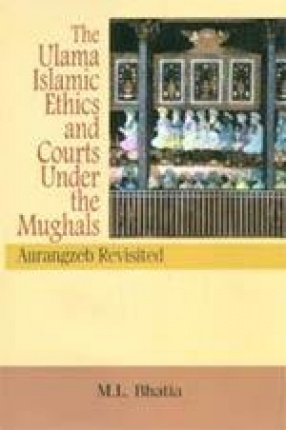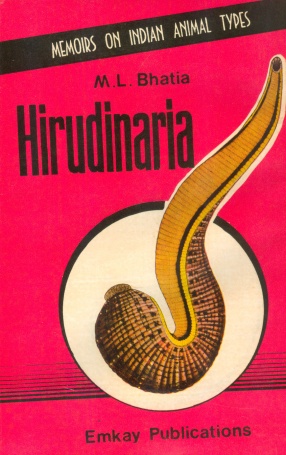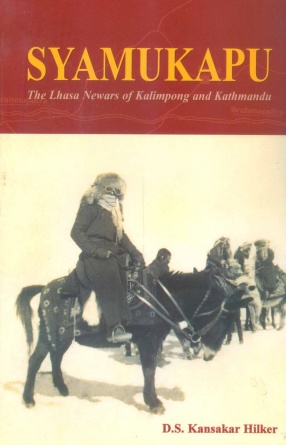The Ulama, Islamic Ethics and Courts Under the Mughals: Aurangzeb Revisited
Synopsis
Under the Mughals, the Ulama, occupied a prestigious position as guardians, transmitters and interpreters of Islam an Islamic Law. The were provided imperial patronage in the form of subsistence grants, with a few of them finding their way to religious offices. The were kept in good humor and yet, at no stage, were they given any political power by the Mughals. The Indianmedieval rulers were apparently wiser than that of many in the modern Islamic States, especially in this regard. This work, while dealing these aspects, concludes that, by and large, Islam in medieval India was not governed by the state apparatus with the influence of the Ulama breathing down their neck: it was more a work of the liberal Sufis. The Ulama subservience to state policies and their subordination to imperial decrees, whether based on Shariat or not, prevented the growth either of theocracy or of fundamentalism. An attempt made for strict imposition of orthodoxy in Islam by the Naqshbandis from the last decade of 16th century was received with serious reservation, if not outright rejection. Similarly, Aurangzeb’s efforts to incorporates Shariat in administration and land revenue affairs also met with failure as there were no takers of his religiosity. The panthesitc Sufis, imbued with local customs and beliefs, continued to wield influence, on the populace during Aurangzeb’s reign too. This analysis constitute the gist of the main arguments in the book. the process of evolving syncretistic culture based on healthy tradition of Indian society proved much stronger than the hair-splitting orthodoxy of the Ulama, especially in the 17th century.
Read more
32.40
29.16
$
36.00 $
Free delivery Wolrdwidе in 10-18 days
Ships in 1-2 days from New Delhi
Membership for 1 Year $35.00
Get it now and save 10%
Get it now and save 10%
BECOME A MEMBER
Books by the same author








Bibliographic information